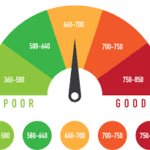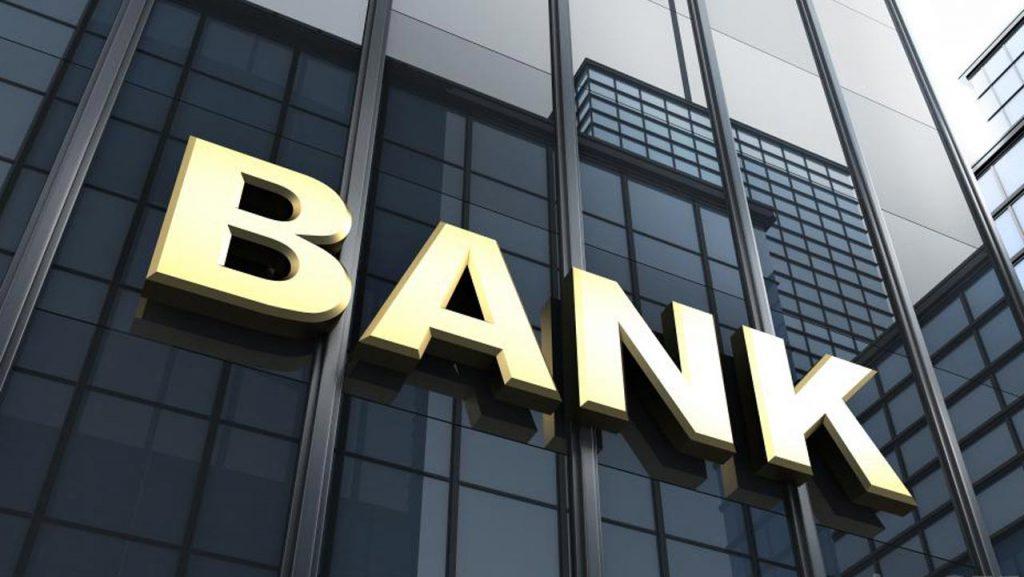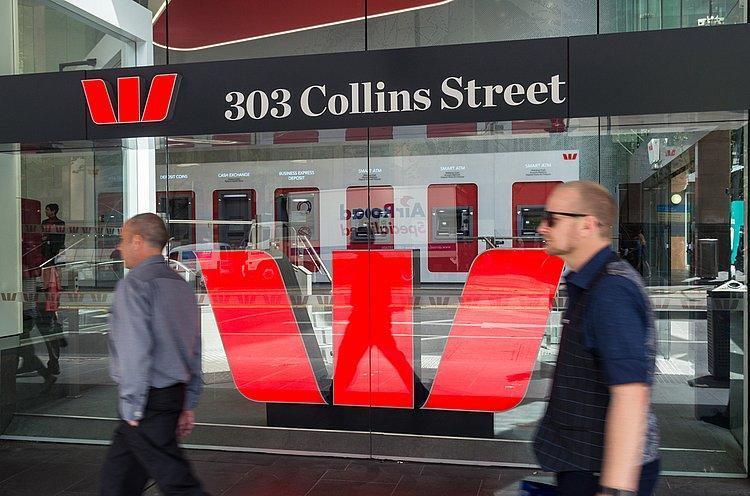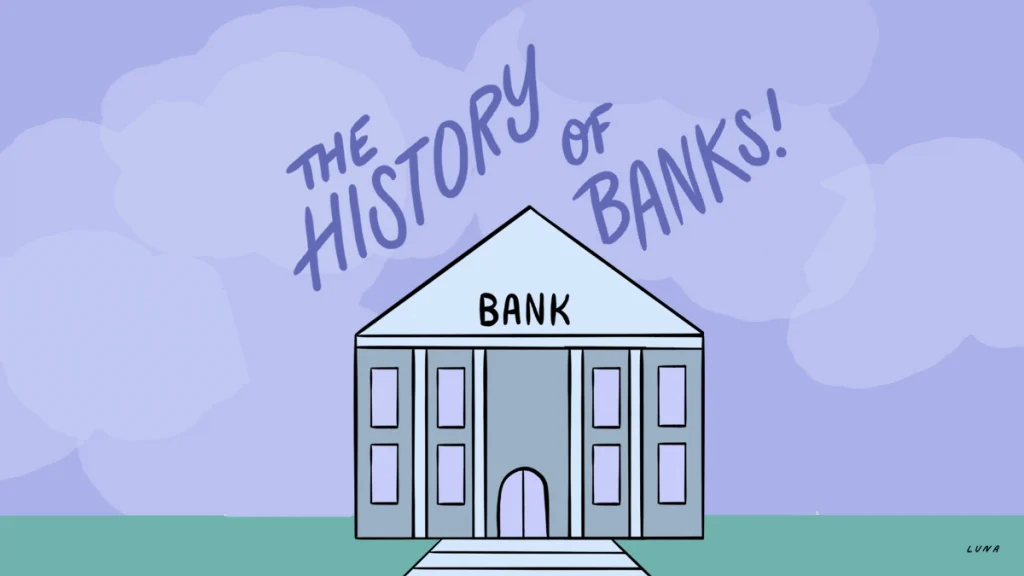Last Updated on July 1, 2024 by admin
Improving your bad credit score can seem like a daunting task, but it becomes more manageable when you understand the factors that influence it. Several key elements contribute to your credit score, including payment history, credit utilization, length of credit history, new credit accounts, and types of credit used.
Payment history carries significant weight in determining your score. Consistently making timely payments on bills and loan installments boosts your creditworthiness.
By understanding the factors that influence credit scores, individuals can take proactive steps to improve their creditworthiness.
Several factors can impact your credit score, including payment history, credit utilization, length of credit history, and types of credit.
As you can see, payment history carries the highest weight, making it the most important.
Pay bills on time: Timely bill payments, including utility bills and loan payments, can positively impact your credit score.
Similarly, maintaining low balances on revolving accounts like credit cards positively impacts your credit utilization ratio. The length of your credit history also plays a crucial role.
A longer track record of responsible borrowing demonstrates stability and reliability to lenders. Opening new lines of credit should be done cautiously as frequent applications can negatively affect your score. Lastly, diversifying the types of loans you have can enhance your standing.
Creating A Plan To Manage And Reduce Debt
Improving your bad credit score starts with creating a strategic plan to manage and reduce your debt. Begin by assessing your current financial situation, including all outstanding debts and their respective interest rates.
This evaluation will help you prioritize which debts to tackle first. Next, establish a realistic budget that allows for regular payments towards your debts while still covering necessary expenses.
Consider negotiating with creditors to potentially lower interest rates or set up more manageable payment plans. It is crucial to make consistent, on-time payments as this demonstrates responsible financial behavior and gradually improves your credit score over time.
Additionally, focus on reducing unnecessary expenses and redirecting those funds towards paying off debt. To avoid accumulating new debt, be cautious with credit card usage and aim to pay off balances in full each month.Regularly monitor your credit report for errors or inaccuracies that may be negatively impacting your score.
Implementing Strategies To Build Positive Credit History
Building a positive credit history is essential for improving your bad credit score. Start by paying all your bills on time, as late payments can significantly impact your creditworthiness. Consider setting up automatic payments or reminders to ensure timely payments. Reducing your overall debt is another effective strategy. Focus on paying off high-interest debts first, such as credit cards, while making minimum payments on other loans.
By consistently making your payments on time, you build a positive credit history and improve your score. Make on-time payments: Late payments can substantially negatively impact your score and will linger for years. Set up automatic payments or reminders to ensure that you pay your bills on time each month. Plus, this strategy will keep you from greatly reducing or paying off the debt.
Make a budget and start paying down your high-interest cards first while maintaining minimum payments on all the other debts.
This will help lower your credit utilization ratio and demonstrate responsible financial management. \
Opening new lines of credit sparingly can also be beneficial. Apply for new accounts only when necessary and manage them responsibly by keeping balances low and paying them off in full each month. Regularly reviewing your credit report is crucial to identify any errors or inaccuracies that may be negatively affecting your score.
This will help you pay down the principal faster, which will lower your account balances and credit utilization ratio.
Opening new accounts is exactly that — it is a new credit line in your name.
If you pay your balance in full every month, that will help your score because it keeps your debt and credit utilization low.
As mentioned earlier, it is crucial to regularly review your credit reports for any errors or inaccuracies.
Dispute any incorrect information promptly with the respective credit bureaus.
Monitoring And Maintaining A Healthy Credit Score
Once you have taken steps to improve your bad credit score, it is crucial to monitor and maintain your progress. Regularly checking your credit report is essential to ensure accuracy and identify any potential errors or fraudulent activity. You can obtain a free copy of your credit report annually from each of the major credit bureaus. In addition to monitoring your credit report, it is equally important to make timely payments on all your debts.
Late or missed payments can significantly impact your credit score. Set up automatic payments or reminders to avoid this pitfall. Furthermore, reducing the amount of debt you owe can positively impact your credit score.
Create a budget that allows for regular debt repayments and stick to it diligently. Lastly, avoid opening unnecessary new accounts as they can lower the average age of your accounts and potentially harm your credit score.
Instead, focus on using existing accounts responsibly while keeping balances low.




















